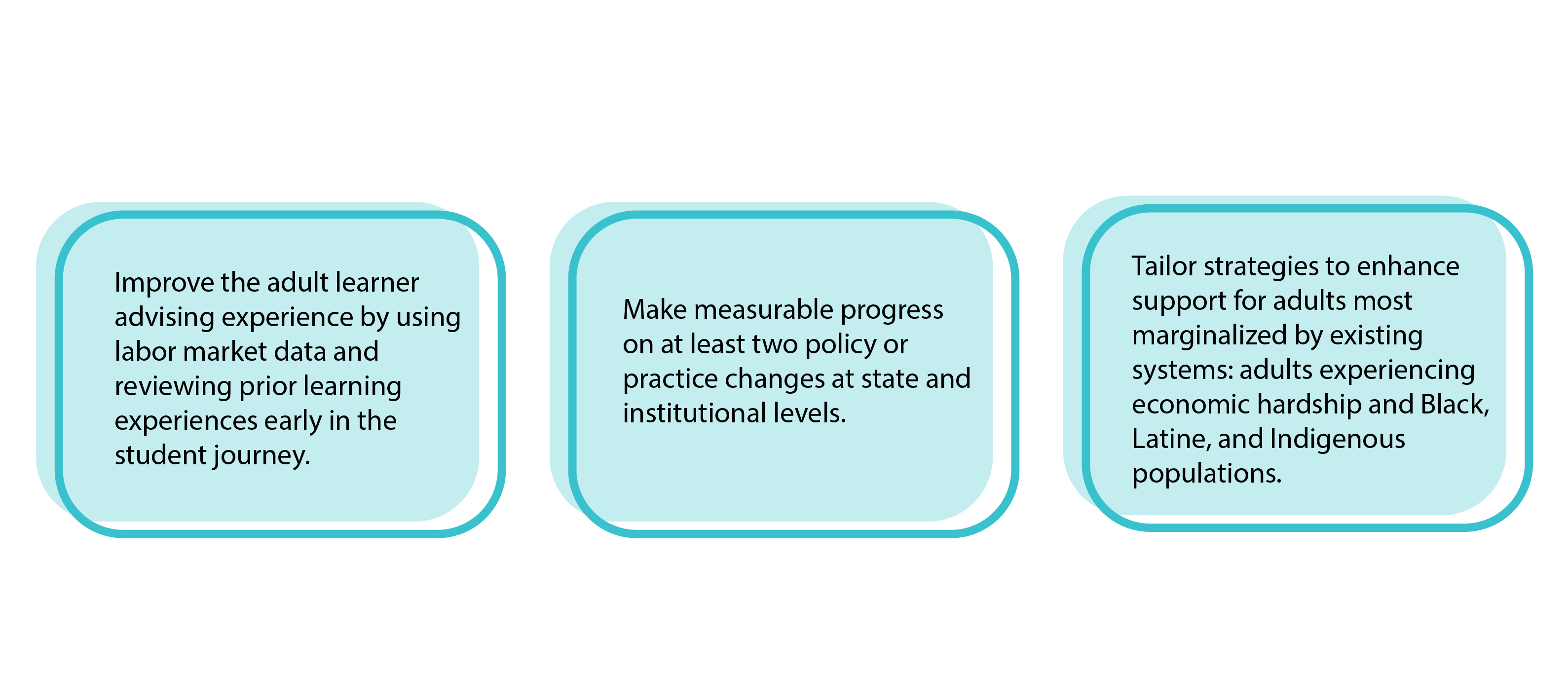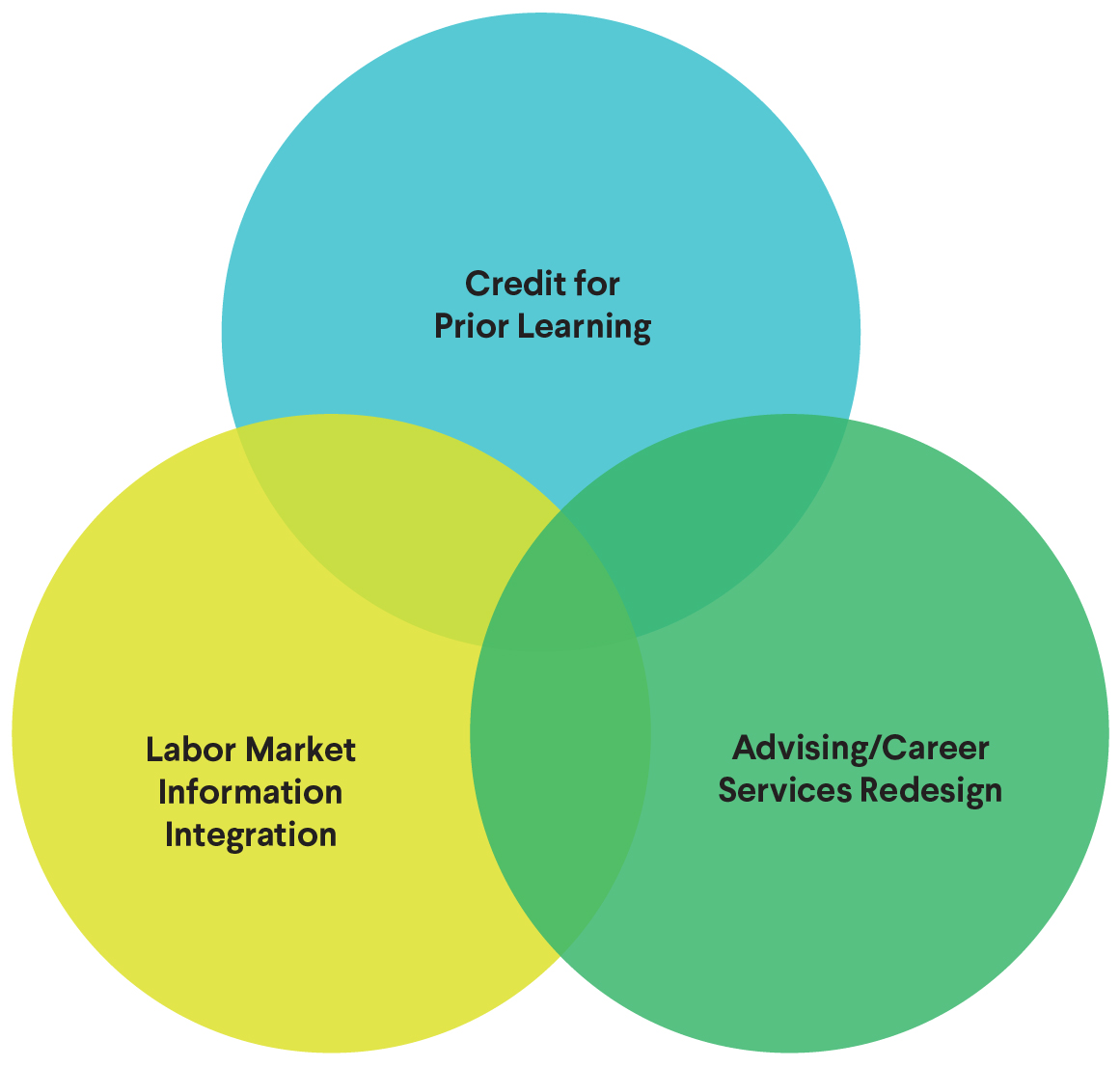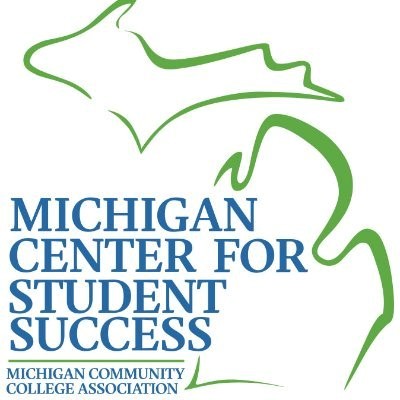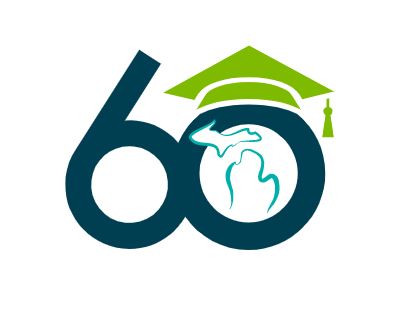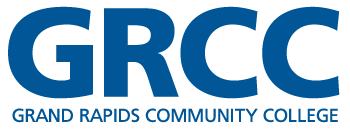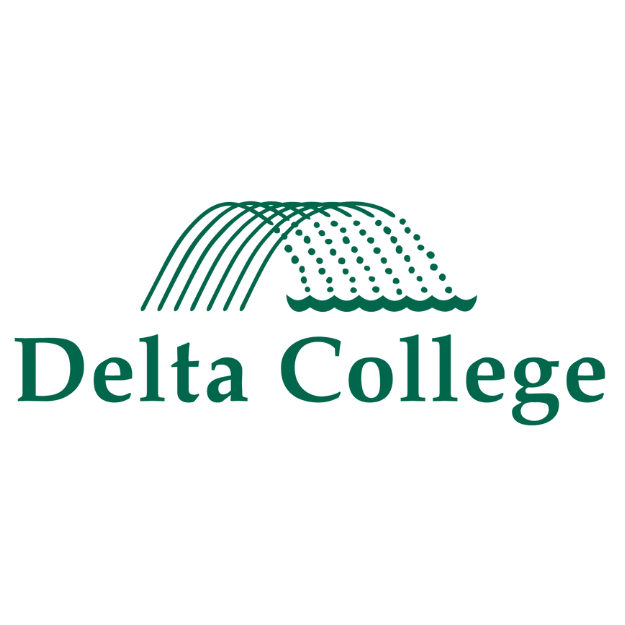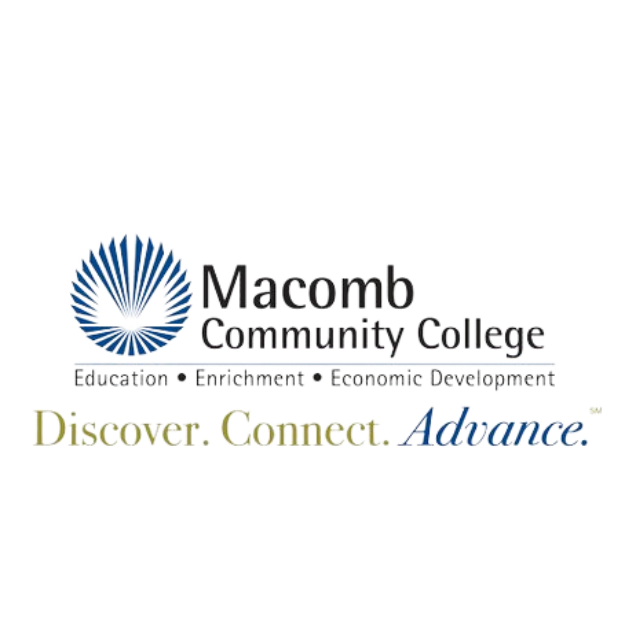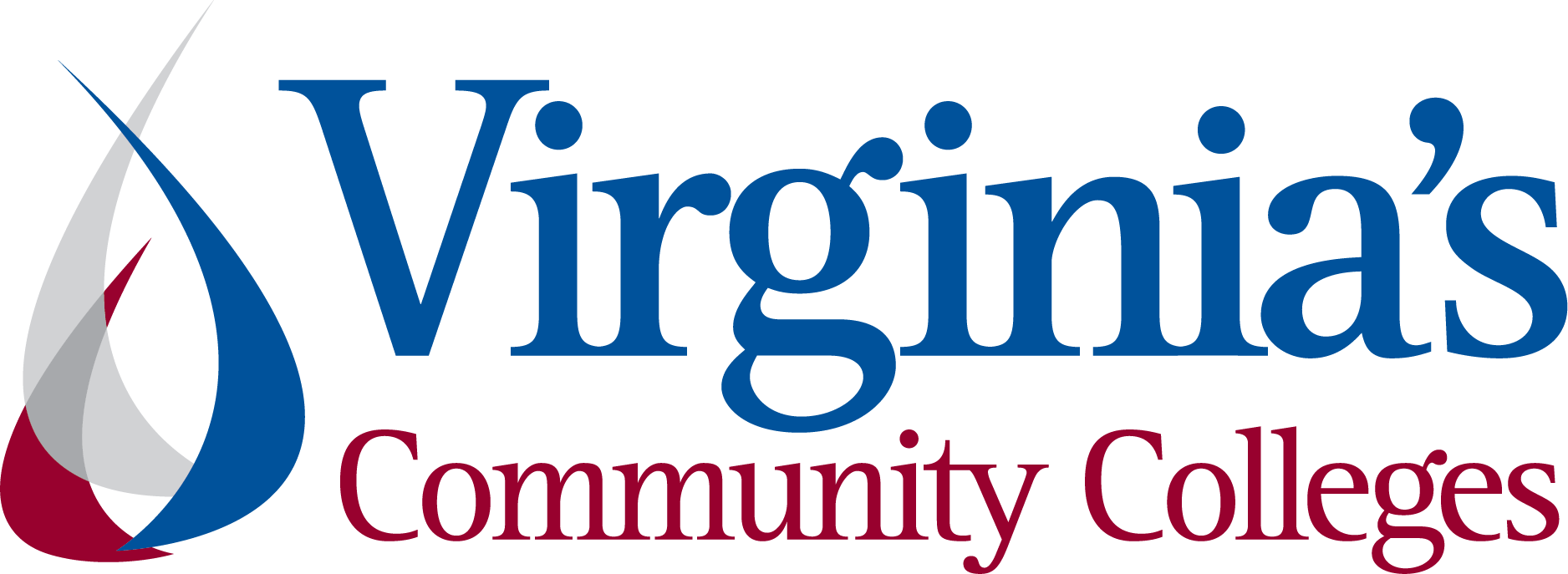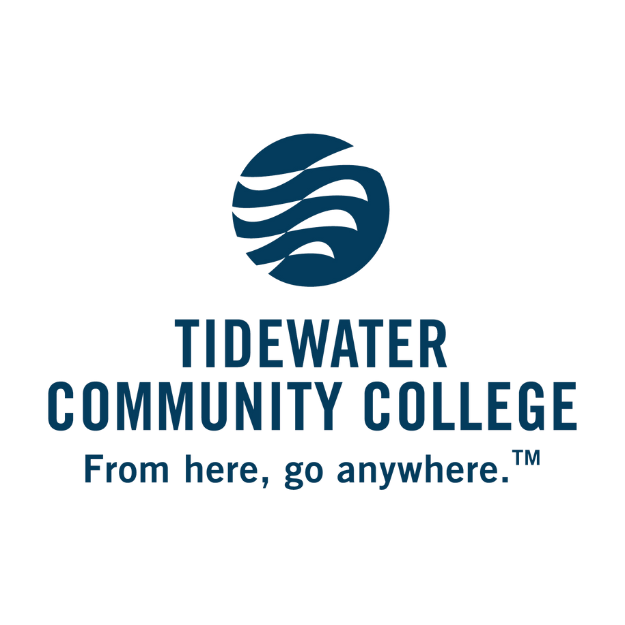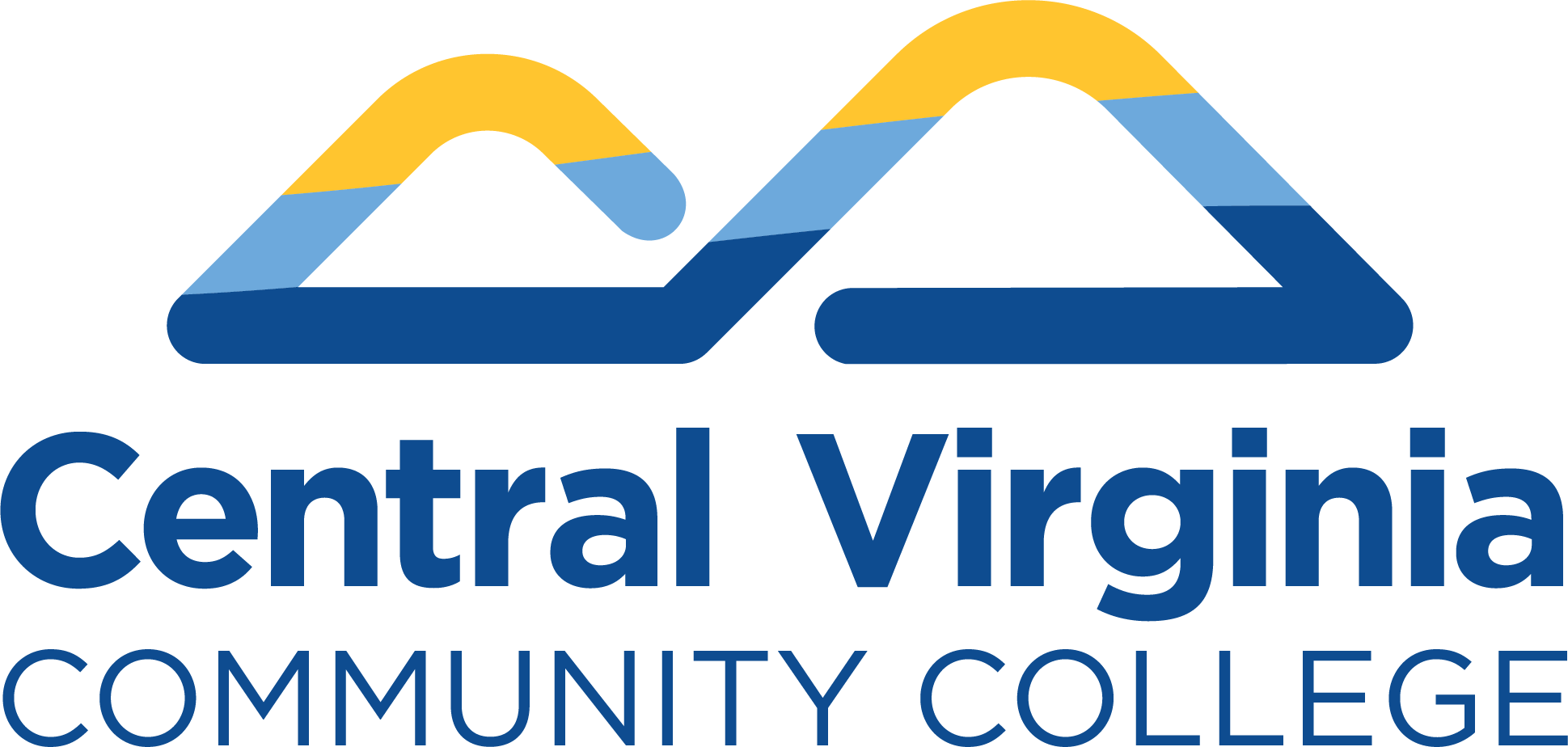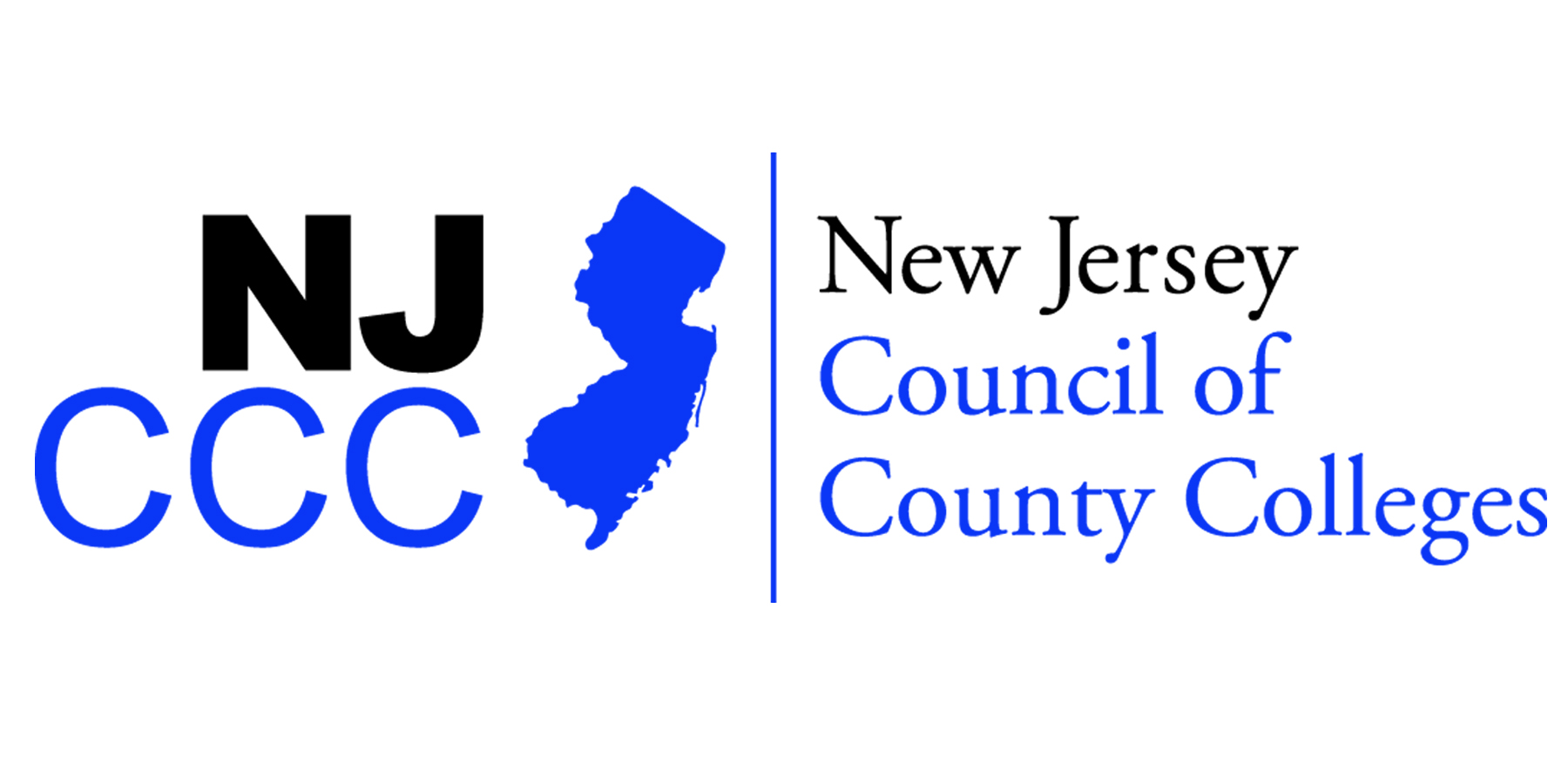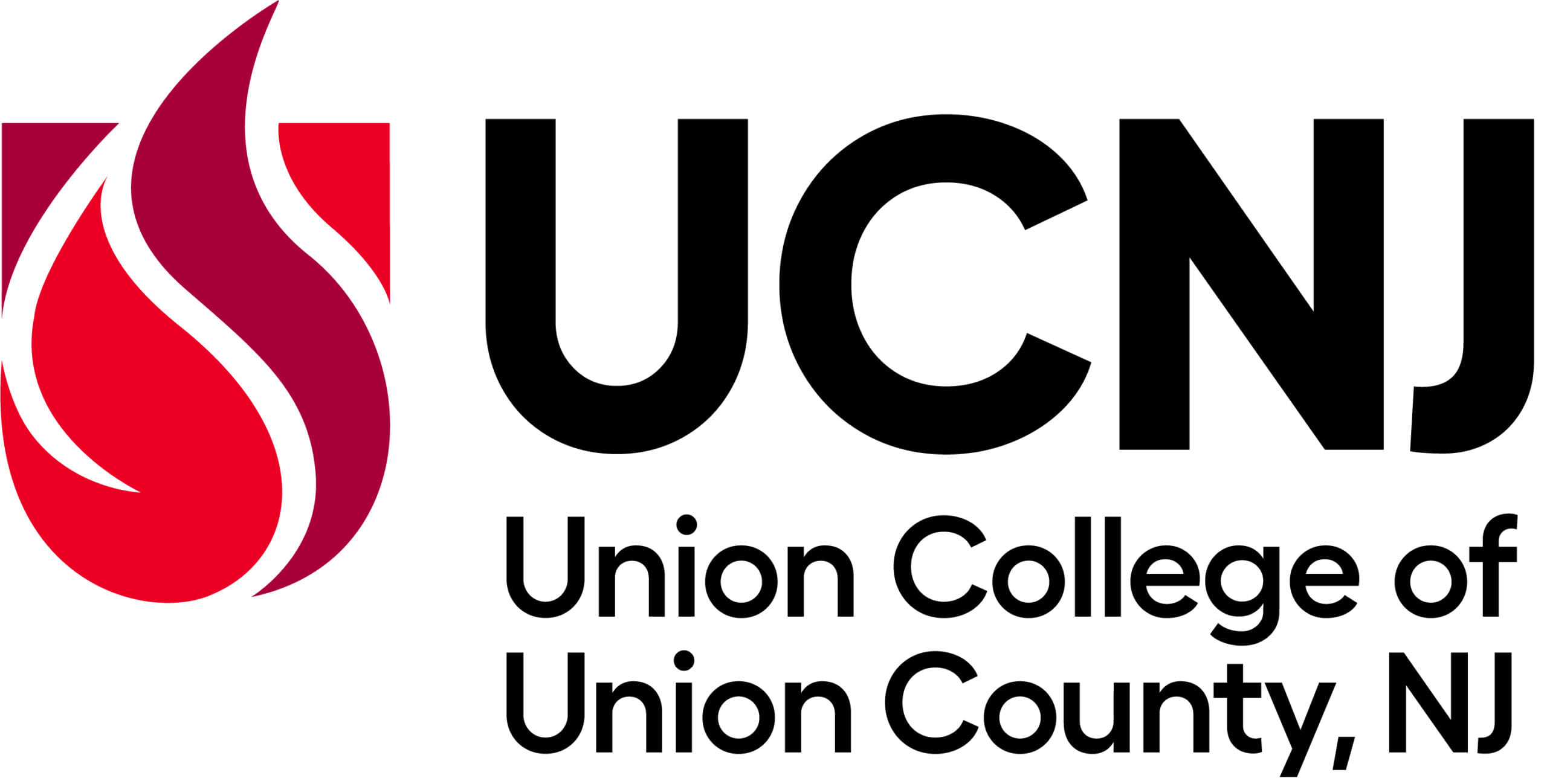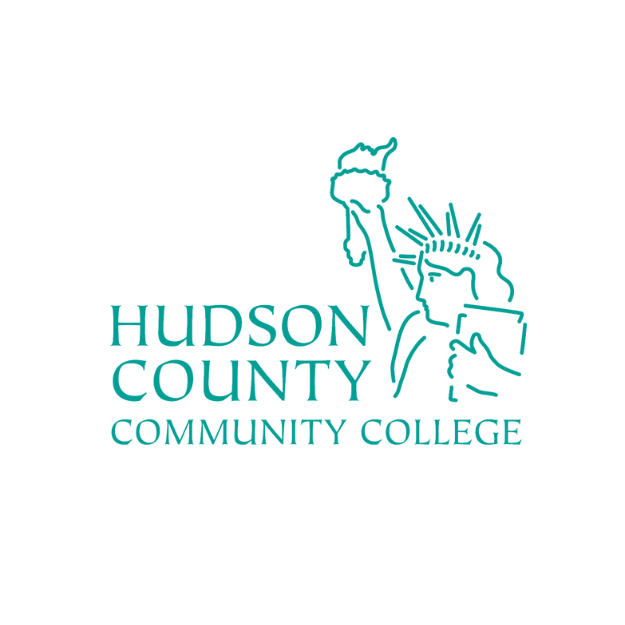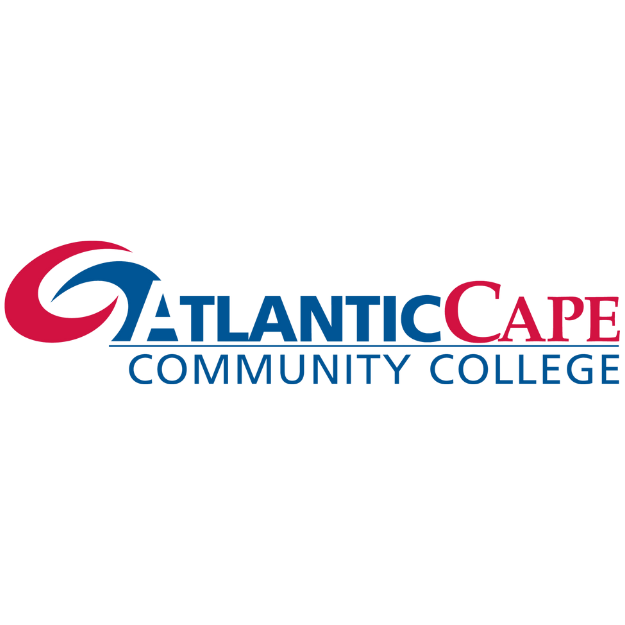Initiative Overview
The Improving Economic Mobility for Adult Learners Initiative builds upon the current financial incentives and supports offered in many adult-focused programs to implement more transformative policies and practices to support the paths of adult students to economic advancement. We define adult learners as individuals who are 21+ years old and have not yet completed a postsecondary certificate, certification, or degree. Fundamentally, the student experience and pathways approach must be based on the understanding that adults who return to college do so with the goal of career and economic advancement.
Achieving the Dream (ATD) and Jobs for the Future (JFF) are supporting stakeholders at the state levels in Michigan, New Jersey, and Virginia, and three colleges within each state, to tackle some of the common challenges that hinder adult learners from enrolling in or completing a postsecondary credential. These stakeholders are changing policy and practice at both the state and institutional levels to improve career mobility outcomes for adult learners in community and technical colleges. Through this initiative, ATD and JFF are providing a suite of technical assistance and evaluation supports to teams in three states comprised of state higher education leaders and institutional leaders from three community and technical colleges within each state. This intentional combination of stakeholders ensures supportive alignment through policy and practice changes being made at the state level and within each institution on the state team.
Goals & Outcomes
- Improve the adult learner advising experience by using labor market data and reviewing prior learning experience early in the student journey.
- Make measurable progress on at least two policy or practice changes at state and institutional levels.
- Tailor strategies to enhance support for adults most marginalized by existing systems: adults experiencing economic hardship and Black, Latine, and Indigenous populations.


